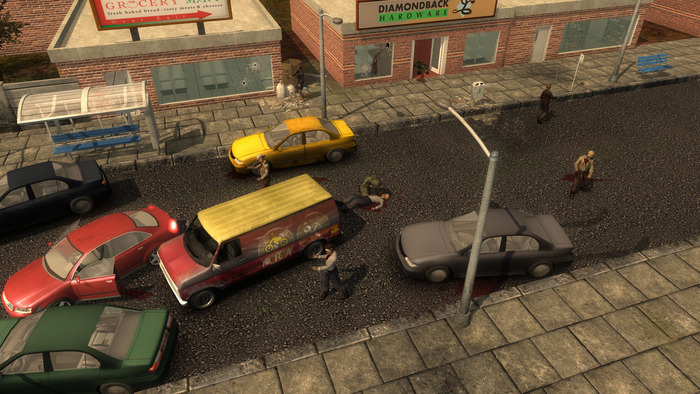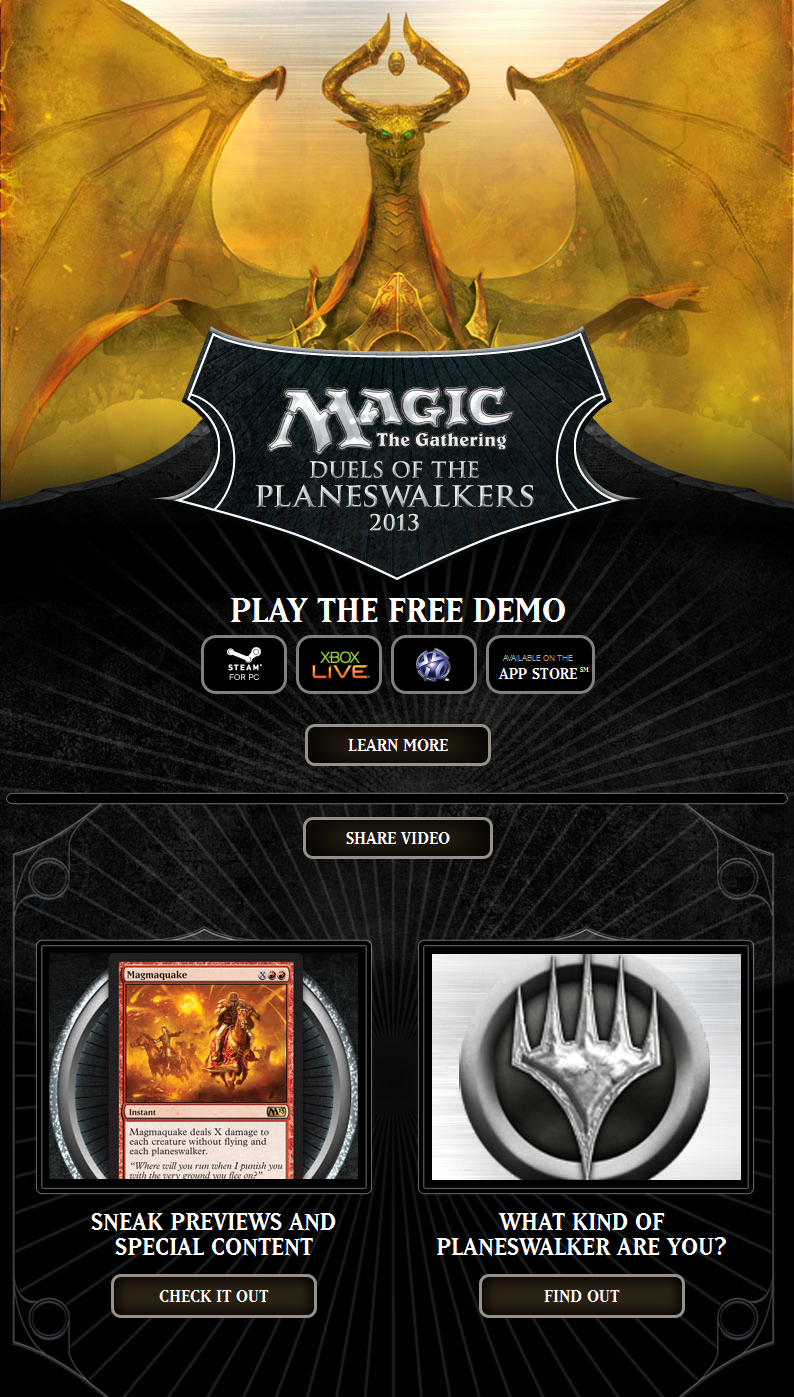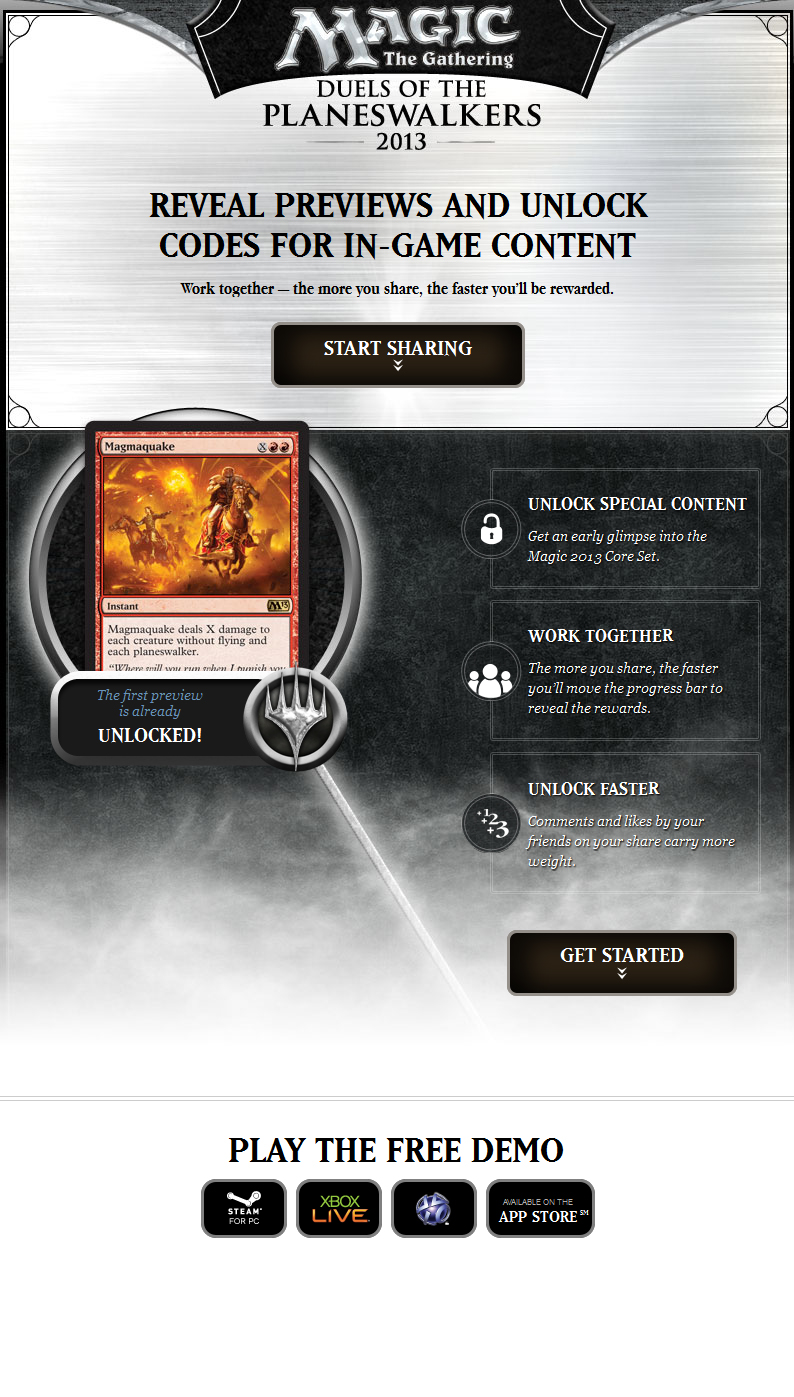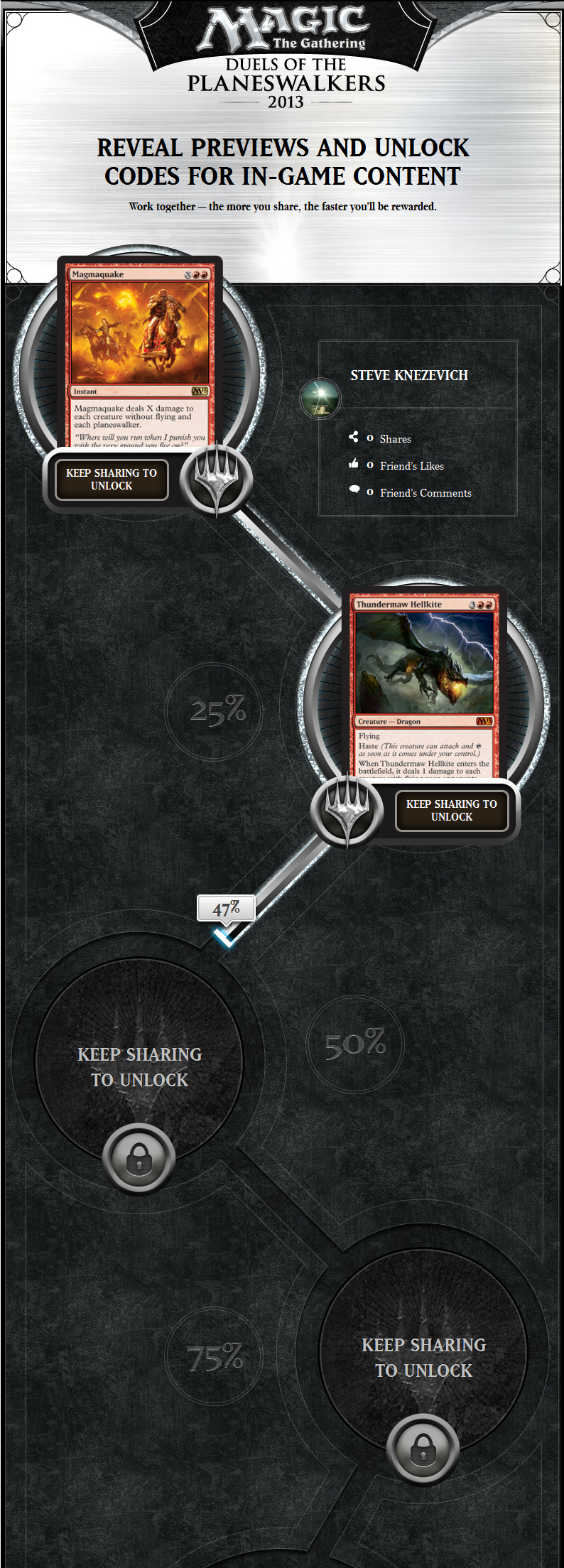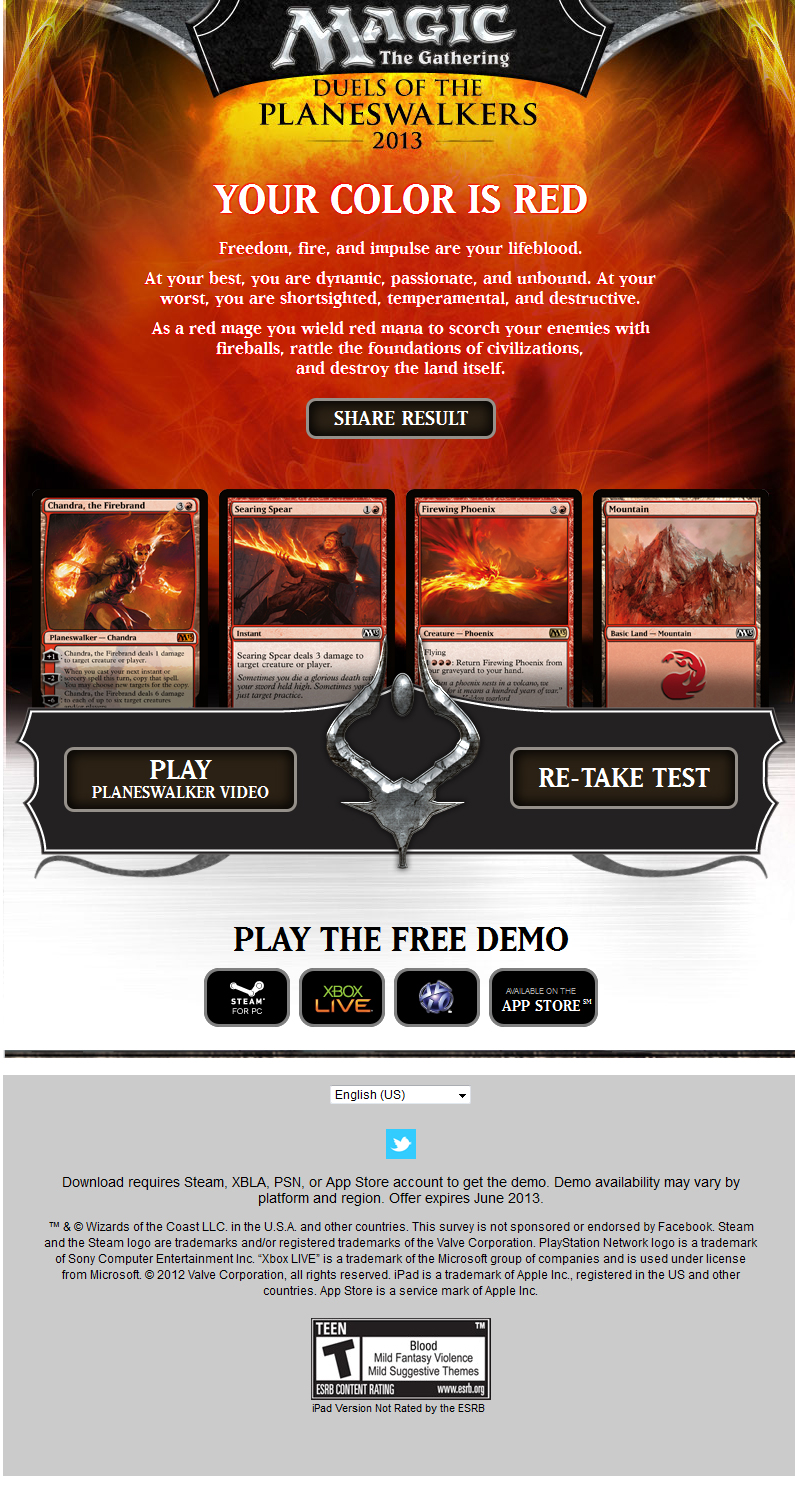Facebook is looking to include tweens in its social network, but such an issue raises unique problems. Along with having to ensure that things are safe for young users, there’s the criticism from outside groups for including them and their limited revenue potential.
“There are a multitude of concerns if not done right,” said Jim Steyer, CEO/founder of the nonprofit Common Sense Media.
Steyer says that social networks could negatively affect cognitive development of younger users. He is also openly skeptical that children can be kept safe; he pointed out that Skout suspended its teen community, noting that it was explicitly set up with a safeguard to prevent interactions with the 18-and-over community (which didn’t work; three men were accused of using the site to further their predator lifestyle).
Facebook already has safeguards in place for its 13-17-year-old users, minimizing who can contact these young users through the platform, and Facebook also prevents their profiles from appearing in public search listings. They could be trying to include an environment for under-13 users to prevent bleed over from users skirting the age restriction.
“Many recent reports have highlighted just how difficult it is to enforce age restrictions on the Internet, especially when parents want their children to access online content and services,” said a Facebook spokesperson. “We are in continuous dialogue with stakeholders, regulators and other policymakers about how best to help parents keep their kids safe in an evolving online environment.”
Facebook did not say whether they will target the under 13-crowd with ads if they’re allowed on the site. No less than 14 consumer, privacy and child advocacy groups wrote a letter to Facebook CEO Mark Zuckerberg calling for any under-13 services to exclude advertising.
Steyer argues that Facebook should develop an extensive education campaign for parents and educators insisting that Facebook is only for users ages 13 and up. “In general, experienced children’s companies like Disney and Nickelodeon are the best people [to develop online social communities for kids,” he said.
Right now, Disney’s online virtual world Club Penguin doesn’t feature ads and Nickelodeon’s The Club carries banners from brands such as Honey Nut Cheerios. TBG Digital recently analyzed 174 million Facebook ad impressions and found that cost-per-click rates for targeting users 16 and older were more than double those for 13-to-15-year-olds, while click-through rates were only 7.4 percent higher.
“The biggest question [for brands] always is: Are we going too far?” said Keith Pape, VP of social, mobile and emerging media at the Ayzenberg Group. “Is this working? Is this safe?”
Habbo Hotel, as Pape notes, was designed to be friendly to teen users with 225 moderators who track roughly 70 million lines of conversation daily around the globe. Still British investigative journalists found plenty of sexually explicit content, which forced the site to review its policies of including users aged 13 to 17.
“Any online community that allows young users to assume virtual identities may be open to abuses, which is why we work hard to keep users safe, filtering content and blocking inappropriate users,” said Sulake’s director of PR and communications Merja Turpeinen. “We also provide education and rapid-response support to users who experience uncomfortable conversations.”
Still, tween social network usage remains in a precarious spot and may be completely excluded if no better options come up.
Source: AdWeek
